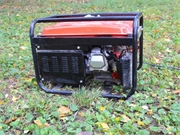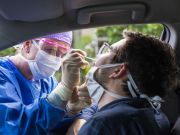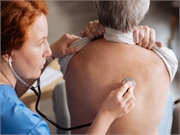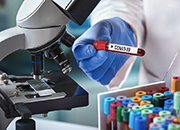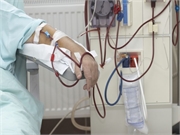
COVID-19 can damage the kidneys and increase patients’ risk of needing kidney dialysis, researchers report. The study authors also warned that doctors should prepare for a significant rise in chronic kidney disease cases due to the pandemic. For the study, the investigators analyzed data from nearly 4,000 COVID-19 patients, aged 18 and older, hospitalized at… read on >










